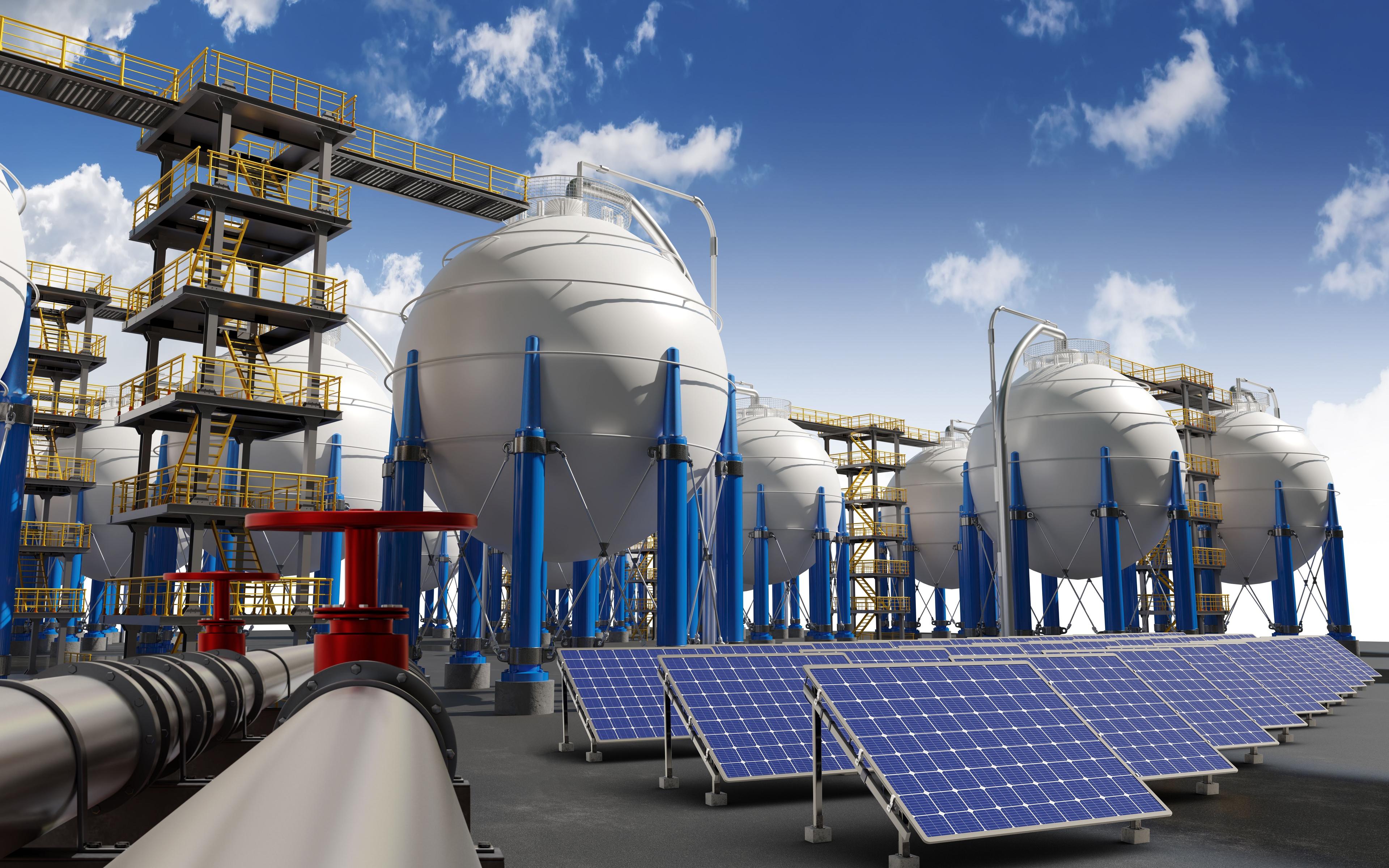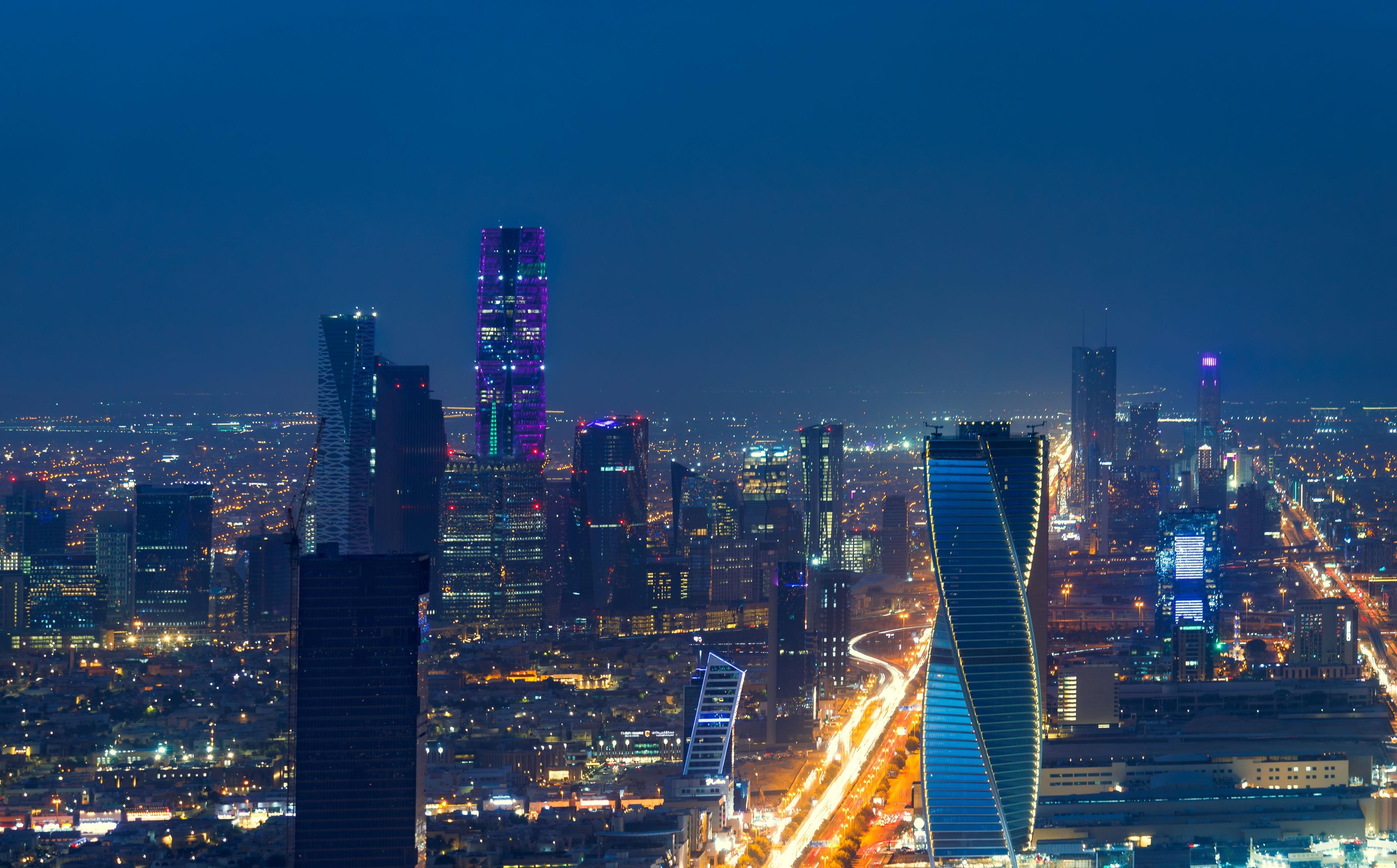
A Pathway to Clean Energy: Saudi Arabia’s Quantum Leap in Green Hydrogen Production
Green hydrogen has become a critical tool as Saudi Arabia strives to meet its sustainability commitments as envisaged in Vision 2030.
By 2030, Saudi Arabia will generate half of its power supply from renewable energy sources, including green hydrogen, often referred to as the "oil and gas of the future."
The scope and breadth of the Saudi hydrogen vision strategy are closely correlated to the growing demand for green hydrogen and its derivatives domestically and abroad, with Saudi becoming a major player in the market set to surpass $165.84 billion by 2033.
The Saudi Market’s growing Green Hydrogen Potential Ignites Opportunities for Global Partnerships
The Kingdom will likely see more companies install their export-oriented green hydrogen projects and tap into active project pipelines, new technologies, and a rapidly expanding low-carbon economy.
One such is HDF Energy, a leading global player in the global hydrogen industry, which is currently eyeing Saudi expansion.
“Saudi Arabia offers a unique blend of energy demand growth and a desire to move away from fossil fuels. HDF Energy's expertise is perfectly suited for tackling the challenges of decarbonization while also meeting the future energy demands of the Kingdom,” said Lotfi Hadj-Arab, business development manager for the MENA region at HDF.
As the largest population in the GCC region, the Kingdom's emphasis on boosting green hydrogen initiatives goes beyond satisfying the local demand; the country aims to be the world’s largest exporter of green hydrogen, leveraging its abundant renewable energy resources.
Saudi Arabia has already solidified partnerships with countries like India, South Korea, Germany, and France to facilitate expertise transfer and bolster its industrial capabilities as a key producer of clear hydrogen.
These partnerships promise multiple benefits for involved parties and encourage more global players to leverage the early-mover advantage in a market that’s shaped by monumental strides towards diversifying the national grid energy mix and an increased focus on maximizing local content.
In another landmark achievement, South Korea's Hyundai Motor exported four fuel-cell electric vehicles to Saudi Arabia back in 2020, marking the company’s first-ever FCEV export to the Middle East. The following period saw concerted efforts to test hydrogen cars before they became common sight in the near future.
These efforts are complemented by regulatory flexibility and a wide range of incentives offered to global companies operating in the country’s special economic zones and industrial clusters.
The country’s rising appeal to global players is exemplified by the recent move by Hydrogen Refueling Solutions (HRS), the European designer and manufacturer of hydrogen refueling stations, to establish the first hydrogen station outside of Europe in Saudi Arabia.
NEOM’s Green Hydrogen Plant is Crucial for Saudi Arabia’s Clean Energy Transition
The launch of the National Hydrogen Initiative represents a key step in the Kingdom's quest towards strengthening its green hydrogen capabilities in line with Vision 2030's emission reduction targets. This comes as part of the country's broader plans to invest more than one trillion riyals ($266.40 billion) to produce cleaner energy.
NEOM’s $8.4 billion green hydrogen plant serves as the bellwether of the Kingdom’s green hydrogen ambitions as well as an accelerator of its energy export readiness.
The NEOM plant, a joint venture between NEOM, Air Products, and ACWA Power, is envisioned to become the world's largest hydrogen facility powered entirely by renewable energy in Saudi Arabia. It is expected to produce up to 600 tonnes per day of carbon-free hydrogen, roughly equivalent to 1.2 million metric tons a year of ammonia.
Full production is slated to start by the end of 2026. The NEOM Plant adds to a series of projects planned by Saudi Arabia’s ACWA, which is looking to triple its business in the next five years to reach $250 billion in assets under management.
Being one of the world's global hydrogen hubs, Saudi Arabia's competitive advantage consists of advanced manufacturing, large capacities for solar and wind energy, and high levels of coordination between public and business actors.




